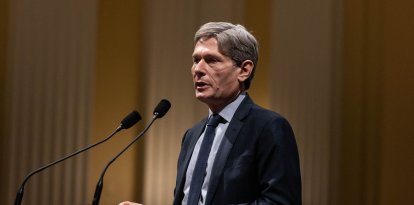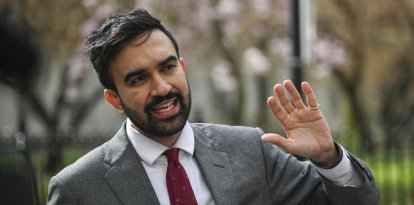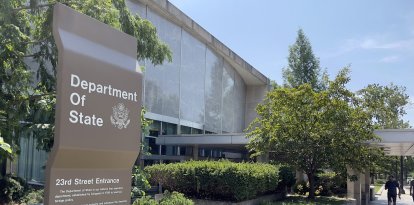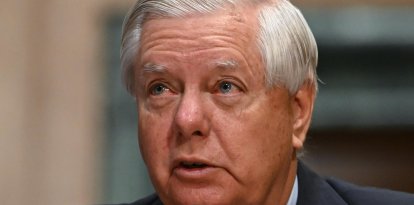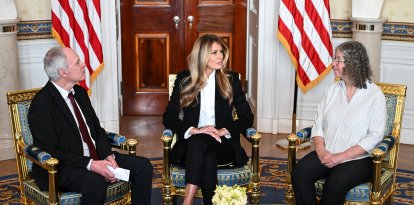Columbia University lays off 180 after Trump cuts federal grants
“Across the research portfolio, we have had to make difficult choices,” Claire Shipman, president of Columbia University, said in a statement.

La Universidad de Columbia en Nueva York
Columbia University is laying off 180 employees following the loss of $400 million in federal funding, cut by the Trump administration in March over the school’s failure to address campus Jew-hatred, the university announced on Tuesday.
Claire Shipman, president of Columbia University, said in a statement that the university will be “running lighter footprints of research infrastructure in some areas and, in others, maintaining a level of research continuity as we pursue alternate funding sources.”
“In some cases, schools and departments are winding down activity but remain prepared to reestablish capabilities if support is restored,” she stated. “Across the research portfolio, we have had to make difficult choices and, unfortunately, today, nearly 180 of our colleagues who have been working, in whole or in part, on impacted federal grants, will receive notices of non-renewal or termination.”
The layoffs account for about 20% of the people whose positions were supported by the now-canceled federal research grants, according to Shipman.
“The excellence of our research portfolio is fundamental to our identity, and we are determined to support it,” she stated. “Part of that support means recognizing a changing landscape, and increasing budget constraints combined with uncertainty related to future levels of federal funding for research, including proposed reductions in facilities and administration (i.e., indirect costs) reimbursements, requires us to make difficult choices.”
On March 21, the Ivy League school agreed to implement reforms, including a mask ban and increased oversight of its Middle Eastern studies department, to comply with the Trump administration’s demand to address Jew-hatred on campus.
Shipman noted, however, that federal research funds remain unpaid as the university continues discussions with the Trump administration.
“In the coming weeks and months, we will need to continue to take actions that preserve our financial flexibility and allow us to invest in areas that drive us forward,” she stated. “This is a deeply challenging time across all higher education, and we are attempting to navigate through tremendous ambiguity with precision, which will be imperfect at times.”
©️JNS


















